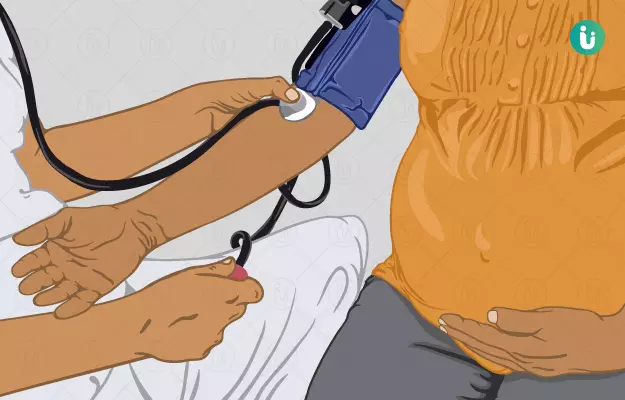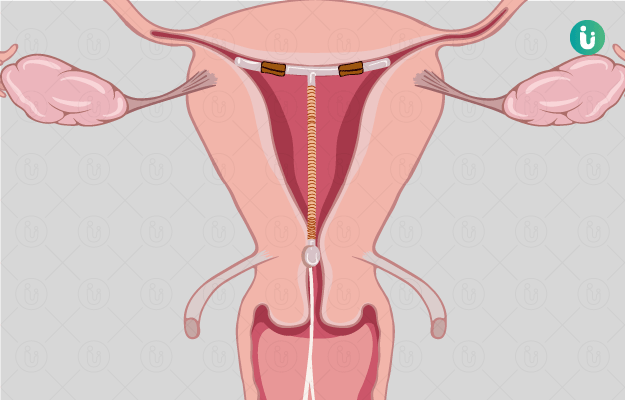High BP during pregnancy is also called gestational hypertension or pregnancy induced hypertension (PIH) in English. If the problem of high BP becomes severe during pregnancy, a condition called preeclampsia can occur, which is also called toxemia. High BP during pregnancy affects 6-8% of pregnant women. Another type of high BP is chronic hypertension. This is a condition in which BP is high even before the start of pregnancy.
Gestational hypertension can later take the form of pre-eclampsia. This condition often occurs in young women during their first pregnancy. It is more prominent in pregnancies involving twins, women over the age of 35, women with chronic hypertension, and women with diabetes.
High BP in pregnancy is diagnosed when a woman who had normal BP before the 20th week suddenly has a blood pressure of more than 140/90 mmHg, and she does not have proteinuria (excessive protein in the urine). Scientists do not know the exact causes of gestational hypertension, but there are several treatments available.
(Read more - Difficulty Breathing)









































